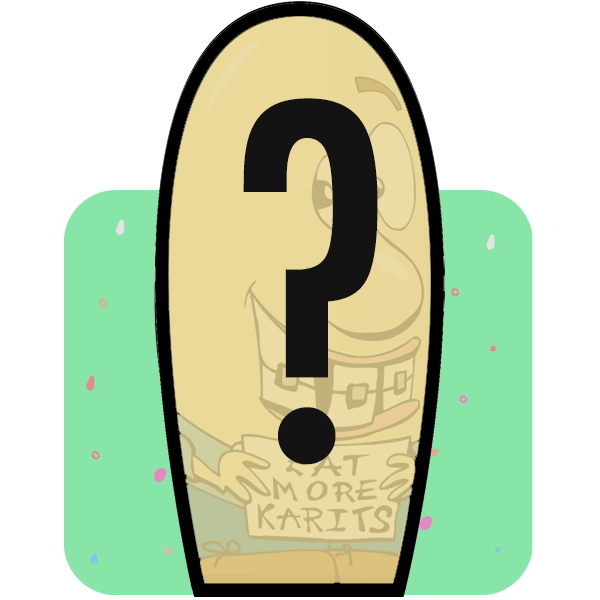The border ran very close to the farmhouse,
passing over terrain as varied as any Alpine valley can offer. Darkened forests
and fields stretched along the base of towering mountains. Streams gurgled and
sang their midnight song underfoot as unseen birds added sleepy melodies
overhead.
John had briefed the group carefully on how they
were to make the crossing. Now, at long last, they stood facing the two sets of
barbed-wire fences separating France from Switzerland. A lonely roadway ran
parallel to the border, its surface glowing silver in the starlight.
Roger skillfully led the group to a spot
partially hidden by trees and shrubs. “Here,” he whispered.
“There have been few patrols along this stretch of the road for the past
few days.”
The group huddled at his side. “Go across
the road one at a time,” Roger continued. “This will keep you from bunching up
at the wire. If a patrol happens by, several people standing by the fences
would attract their attention for sure.”
John nodded his agreement. “I’ll go first
and unhook the wires from the posts. When I’m finished, I’ll whistle. Start
sending them across. Bring the babies early so we can move them away from the
area in case they cry.” He hesitated. “And if something goes wrong,
I’ll whistle twice. Understand?” Roger nodded.
John bent low and sprinted across the road. Working
rapidly, he unhooked the lower strands of the first fence, then moved to the
second. When all was ready, he made a final check of the roadway, then let out
a long, low whistle.
Almost immediately Armand Lap appeared out of the
darkness, running low to the ground. John helped him through the fence, then
waited. Joseph Smit appeared next, carrying one of the babies. Next came Mrs. Smit
with the other infant.
In rapid succession the remaining refugees
materialized from the night air and dived through the first set of wires.
Just as John was turning to lead the group to the
second fence, his ears picked up a familiar sound. It was a motor, approaching
with great speed.
Two short whistles carried across the roadway,
telling Roger of the danger. “Hurry!” he called to the others.
“We’ve got to get through the second fence!”
With the sound of the approaching vehicle growing
louder and louder, John began pushing his companions bodily under the barbed
wire. The trees above them and along the roadway were suddenly illuminated by a
dull glow. John recognized the pattern of the approaching blackout lights as
those of a German patrol truck.
“Go! Go! Go!” Weidner whispered
hoarsely, the world becoming brighter around them.
As the last body slipped under the fence John
turned and raced for the first set of wires beside the roadway. The patrol
would certainly notice that the fence separating occupied France from free
Switzerland had been tampered with.
The barbed wire cut into his hands as he
feverishly worked to refasten the strands to the posts.
The roar of the engine filled the tiny clearing
as Weidner dived for the second set of wires, jamming the sharp metal ends into
the loops fastened to the posts.
Just as the vehicle emerged from the tree line,
John and the others dropped to the ground, shielding themselves behind
knee-high grasses. The world turned bright white, then suddenly darkened as the
truck rumbled by and continued its journey along the meadow.
No one spoke. No one moved. All lay listening,
listening, listening to the fading wail of the engine.
After what seemed like an eternity, the valley
was still once again. The only sound was the song of the streams, and the call
of the night birds.
“Welcome to Switzerland,” John
whispered, a tired grin lighting his face.
Wordlessly the group moved away from the border.
A town lay not far away, waiting to receive the weary travelers into a world
free from bombers, blackouts, Gestapo, and fear.
Joseph Smit walked up beside the man who had made
it all possible. “Why, John?” he said, his voice heavy with
thankfulness. “Why do you do it?”
John walked in silence for a long moment. When he
spoke, his words carried a determination honed by many such journeys. “My
father taught me to always place a high value on human life. If I can save one,
I believe I’m doing the work of Christ on this earth. I feel Him beside me,
especially when fear makes me stumble.” John looked up at the stars.
“I don’t know what will happen tomorrow, or the next day. It doesn’t
matter. I leave the future in the same powerful hands that saw me through
today.”
The small party continued walking into the
darkness, knowing they were safe in a land ruled by freedom, guided by a man
who trusted His God, every step of the way.
* * *
Epilogue: The Germans captured John Weidner several
times. He was jailed, tortured, and sentenced to death, but he escaped. During
the years of World War II, John and his Dutch-Paris underground network of
nonviolent agents led about 1,000 people to freedom. Many were Dutch citizens
like him. Hundreds were Jews. Others were downed Allied pilots. All owed their
lives to this simple Christian businessman who believed in the value of human
life.
John Weidner eventually moved to the United
States, where he operated a small chain of health food stores. He received many
tributes and honors for his work in the Dutch-Paris Underground. On May 25,
1978, the State of Israel awarded Mr. Weidner the Righteous Gentile Medal. John
Weidner died in 1994, in California.
“Escape Artist” appeared in Guide on June 10,
1995. This story is based on facts from the book Flee the Captor by
Herbert Ford.

